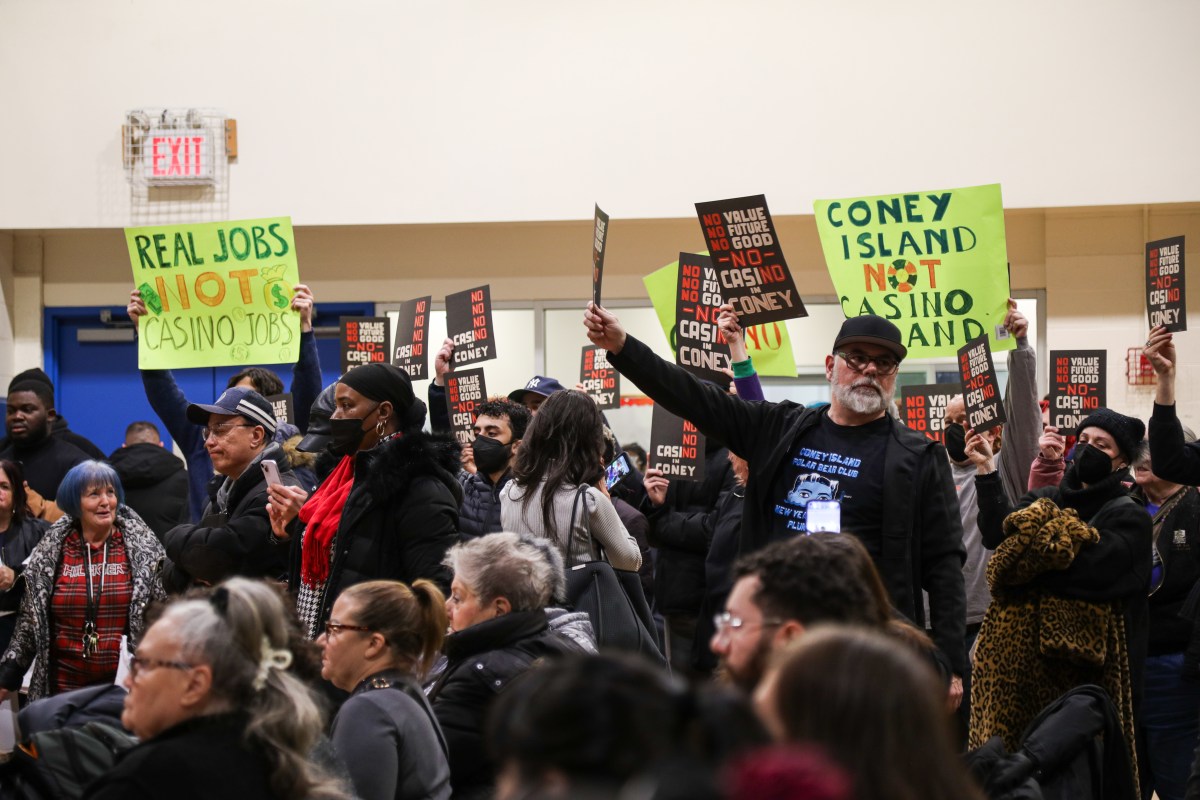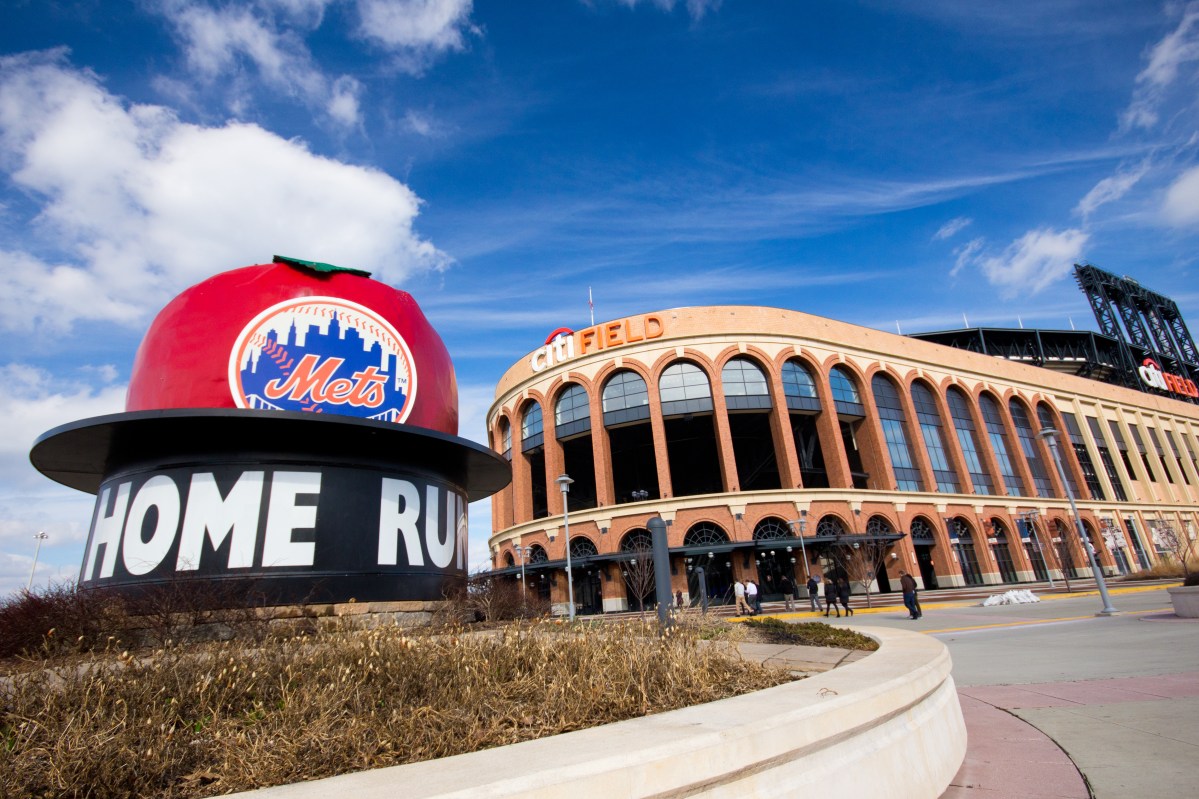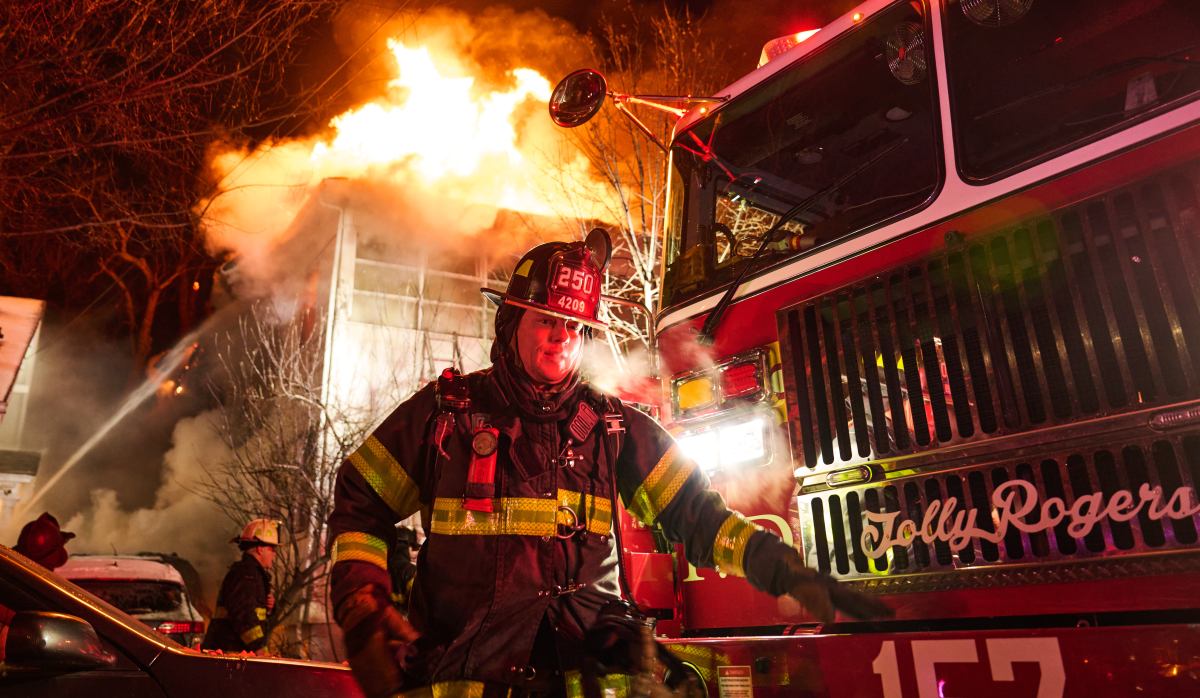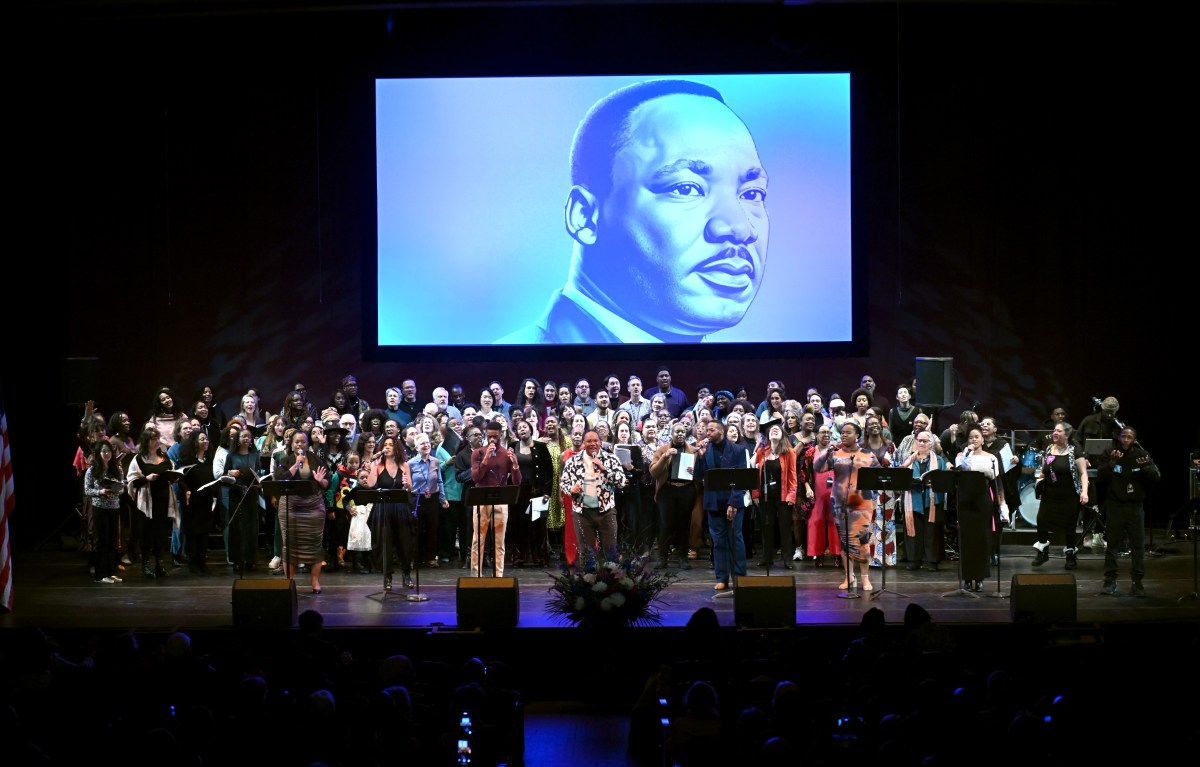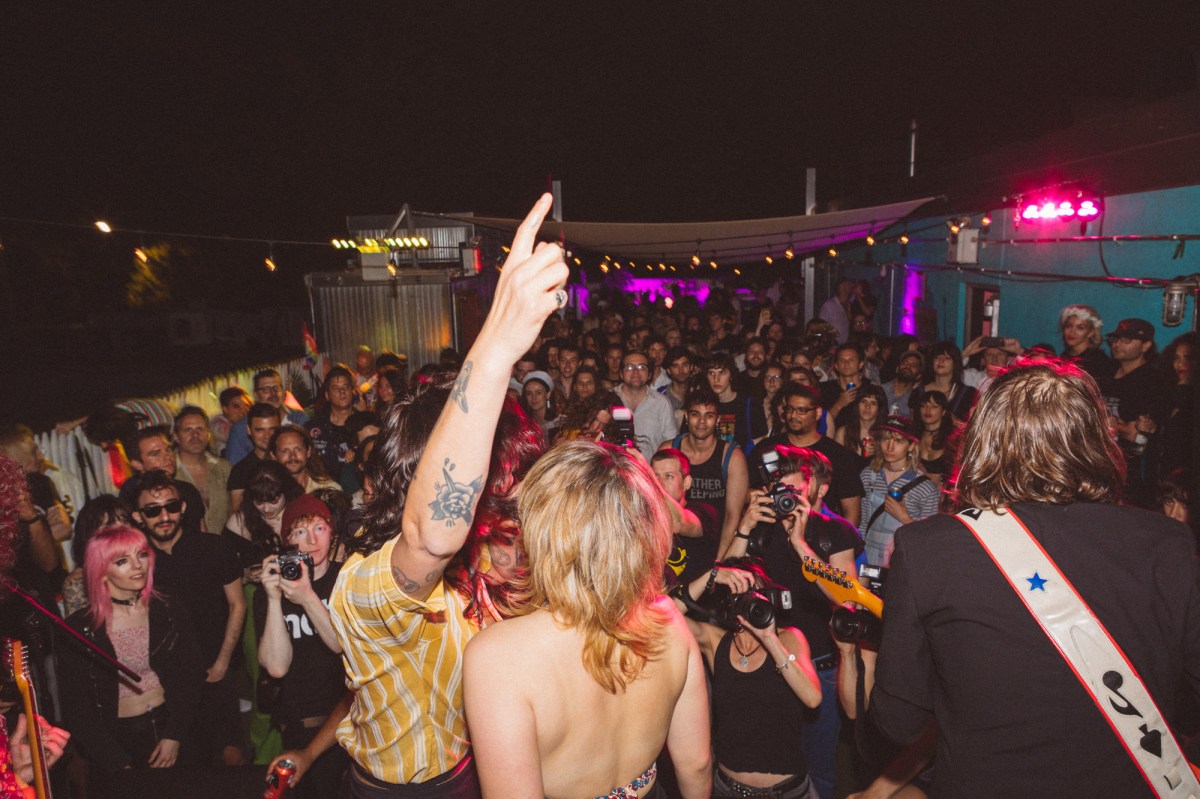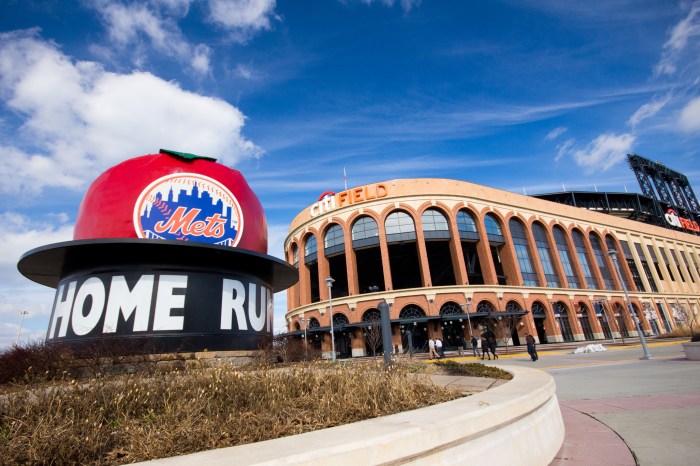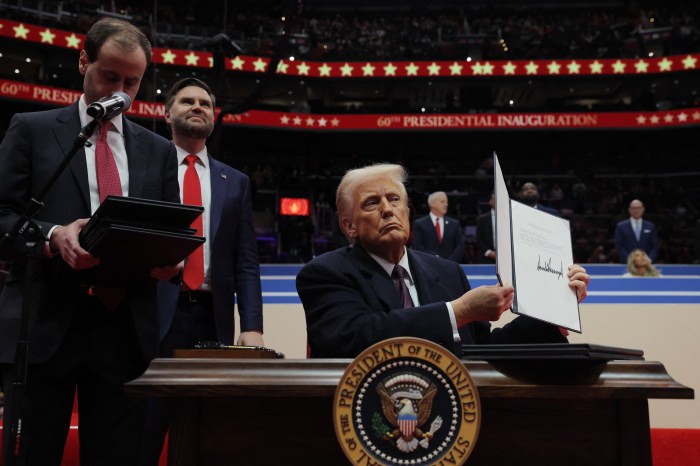
After a number of Democratic state senators were ousted by insurgents committed to expanding rent regulations, two established landlord groups have taken different tacks ahead of the general election.
The Rent Stabilization Association, which represents owners of rent-regulated buildings, has significantly bolstered the balance in its political action committees since five senators involved with the Independent Democratic Conference lost their Sept. 13 primaries, according to campaign finance filings.
The successful, insurgent candidates have expressed frustration with the IDC — a group of Democrats that disbanded in April but historically ruled the chamber through a power-sharing agreement with Republicans — and pledged to move left on issues, particularly on rent regulations. Democrats have had a majority in the Assembly and passed pro-tenant legislation, such as a measure that would stop landlords from removing apartments from the regulated system once they are vacant and the ent exceeds a threshold currently set to $2,733, which has stalled in the Senate.
The RSA PACs’ spending habits appear largely unchanged, but it has not yet given funding to Jobs for New York, a Real Estate Board of New York-run group to which the RSA contributed $32,000 after the last round of state primaries in 2016, campaign finance records show.
Meanwhile, REBNY, which receives more support from developers, has decreased its PAC’s post-primaries spending by more than 40 percent and given more to Democratic candidates and committees than it did in 2016, according to amNewYork’s analysis. amNewYork looked at all nonadministrative state campaign finance activity from the Sept. 13, 2016, state primaries to the end of October 2016 and all such activity from the Sept. 13, 2018, state primaries to Oct. 22, as well as larger contributions required to be disclosed on a 24-hour basis through the end of October.
Two groups affiliated with RSA — the RSA PAC and Neighborhood Preservation PAC — collectively reported amassing $81,617.22, or nearly 10 times as much as after the 2016 primaries, according to campaign finance records. Several of the limited liability companies contributing to the Neighborhood Preservation PAC do not have a history of donating to state political campaigns, according to a search of state election spending from 2008 on.
"The landlords are scared," said Michael McKee, treasurer of the Tenants PAC. "It’s all because of Donald Trump … People who would sit on their hands in prior election cycles saw the mistake of doing that, and we’ve had an incredible influx of energy and effort into progressive causes, including tenants rights."
With its larger haul, the RSA PACs collectively spent just $114,150 more than they did in 2016 and continued to direct most money to Republican and Conservative candidates and committees, according to amNewYork’s analysis.
RSA leaders did not respond to requests for comment.
The Real Estate Board PAC has raised about $113,750 less since the primaries than it did in 2016. The group has also curbed its contributions — spending $351,000 since the primaries, compared with the $603,400 distributed over the same period in 2016, campaign finance records show.
REBNY’s PAC has shifted more of its contributions to Democratic candidates and groups, as first reported by The Wall Street Journal. About 71.51 percent of its spending went to left-leaning candidates and committees, including one steered by IDC members, compared with about 57.89 percent during the same period in 2016, amNewYork’s research shows.
"New York faces a series of challenges in areas such as housing, jobs, sustainability and transportation that are critically important to its future and to the real estate industry," REBNY President John Banks said in a statement. "As a result, we will continue to work with a diverse group of elected officials regardless of their political party to seek solutions, based upon sound data and analysis, to those challenges."
McKee said he believed REBNY was "hedging its bets" by supporting Democratic candidates.
"I predict that after Nov. 6, once the Democrats are in control, the RSA will join REBNY in trying to get money to Senate Democrats," McKee said. "This is why campaign finance reform is so important."
Post-primary spending stats
Rent Stabilization Association-affiliated PACS
2018
- raised $81,617.22
- spent $568,850
- 99.82 percent directed to Republican-related efforts vs. less than 1 percent to Democratic causes
2016
- raised $7,460.90
- spent $454,700
- 89.77 percent directed to Republican-related efforts; 7.04 percent to Jobs for New York organization affiliated with REBNY; and 3.19 percent to Democratic causes
Real Estate Board of New York-affiliated PAC
2018
- raised $513,000
- spent $351,000
- 71.51 percent was directed to Democratic-related efforts vs. 20.51 percent for Republican causes
2016
- raised $626,750
- spent $603,400
- 57.89 percent was directed to Democratic-related efforts vs. 40.45 percent for Republican causes
Note: Information was compiled from disclosures on the state Board of Elections website covering Sept. 13, 2016, to Oct. 31, 2016, and Sept. 13, 2018, through Oct. 22, 2018, as well as larger contributions required to be disclosed on a 24-hour basis through the end of October 2018.





